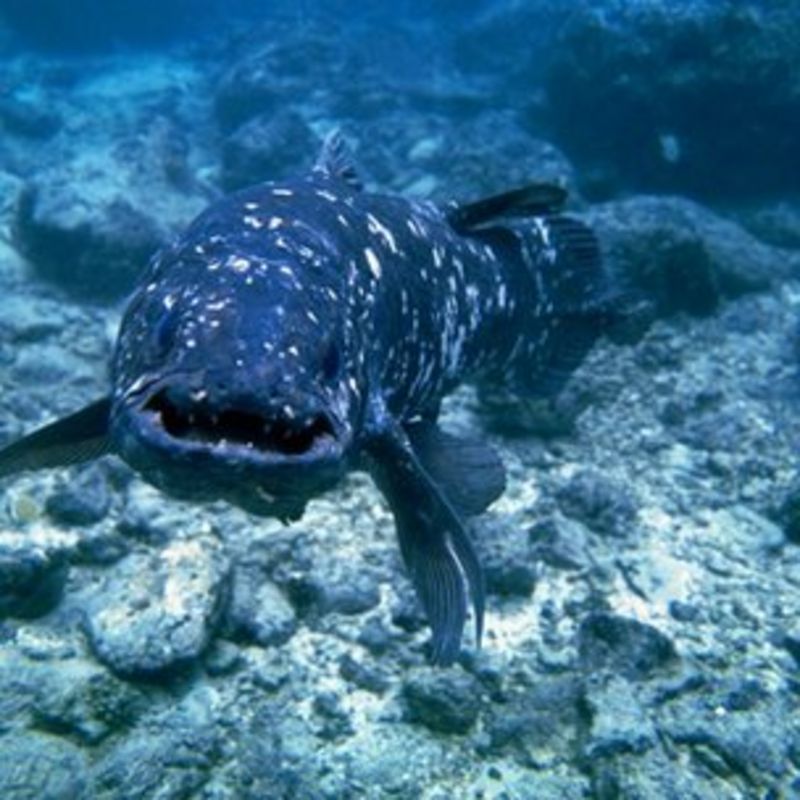- cross-posted to:
- [email protected]
- cross-posted to:
- [email protected]
In a stark demonstration of how award-winning breakthroughs can come from the most unlikely directions, researchers have won an Ig Nobel prize for discovering that mammals can breathe through their anuses.
After a series of tests on mice, rats and pigs, Japanese scientists found the animals absorb oxygen delivered through the rectum, work that underpins a clinical trial to see whether the procedure can treat respiratory failure.
The team is among 10 recognised in this year’s Ig Nobel awards (see below for more), the irreverent accolades given for achievements that “first make people laugh, and then make them think”. They are not to be confused with the more lucrative and career-changing Nobel prizes to be handed out in Scandinavia next month.
…
Other work honoured on the night included US research to house pigeons in missiles to help guide them to their targets; UK investigations which found that claims of extreme old age tend to come from areas that have short average lifespans and and a historical lack of birth certificates, and a French study which found that scalp hair tends to whorl in a clockwise direction, though less so in the southern hemisphere.
Some of these studies sound pretty interesting. Links to them in the article:
Botany
Given to Jacob White in the US and Felipe Yamashita in Germany for reporting evidence that the South American plant Boquila trifoliolata can mimic the leaves of plastic plants it is placed alongside, leading them to conclude that “plant vision” is a plausible hypothesis.
Medicine
Won by a Swiss, German and Belgian group for demonstrating that fake medicine that causes painful side-effects can be more effective in patients than fake medicine that does not cause painful side-effects.
Physics
Awarded to James Liao at the University of Florida for a comprehensive, multi-publication investigation into the swimming abilities of a dead trout.
Probability
Shared by a team of 50 researchers, mostly Dutch, who flipped 350,757 coins to test a hypothesis put forward by Persi Diaconis, a former magician and professor of statistics at Stanford University. Their work supported Diaconis’s prediction that tossed coins are (slightly) more likely to land the same way up as they started.
Medicine one sounds like origin story for mad dr villain
Would you like the Placebo with Diarrhea or the one with vomitting for your headache?
Shouldn’t come as a surprise. It’s been known for a long time that many members of the mammal species Homo Sapiens are able to speak out of the same orifice 🙂
deleted by creator
New SCUBA meta just dropped
I can’t believe Basically Homeless was proved right about butt breathing.
I’m not giving anyone the kiss of life.






